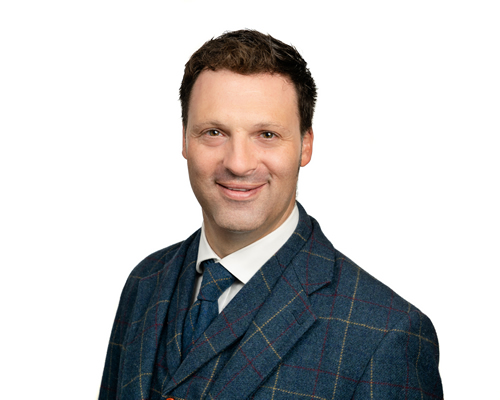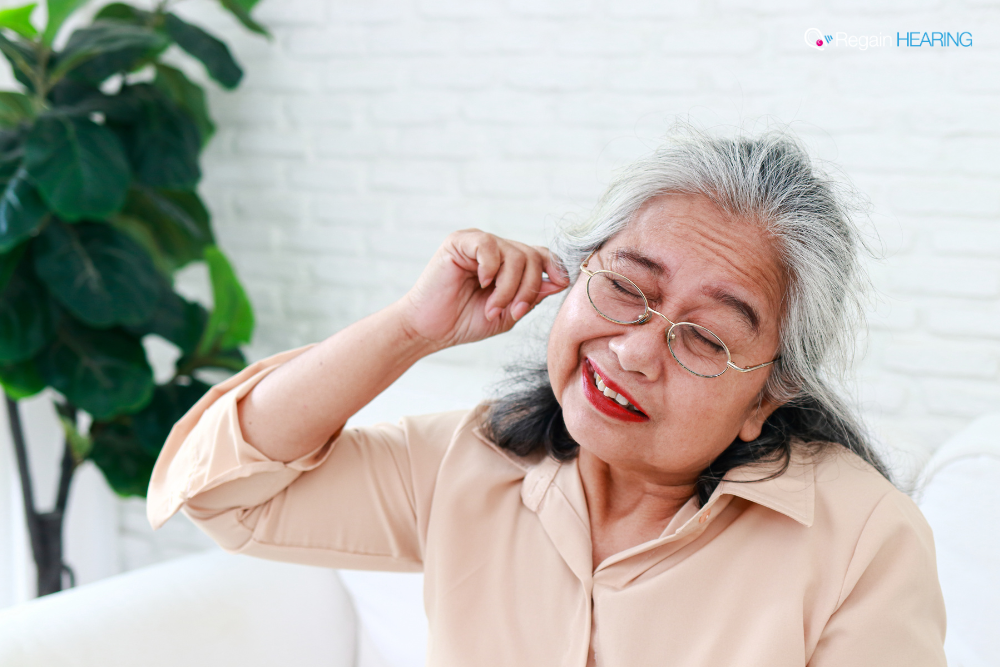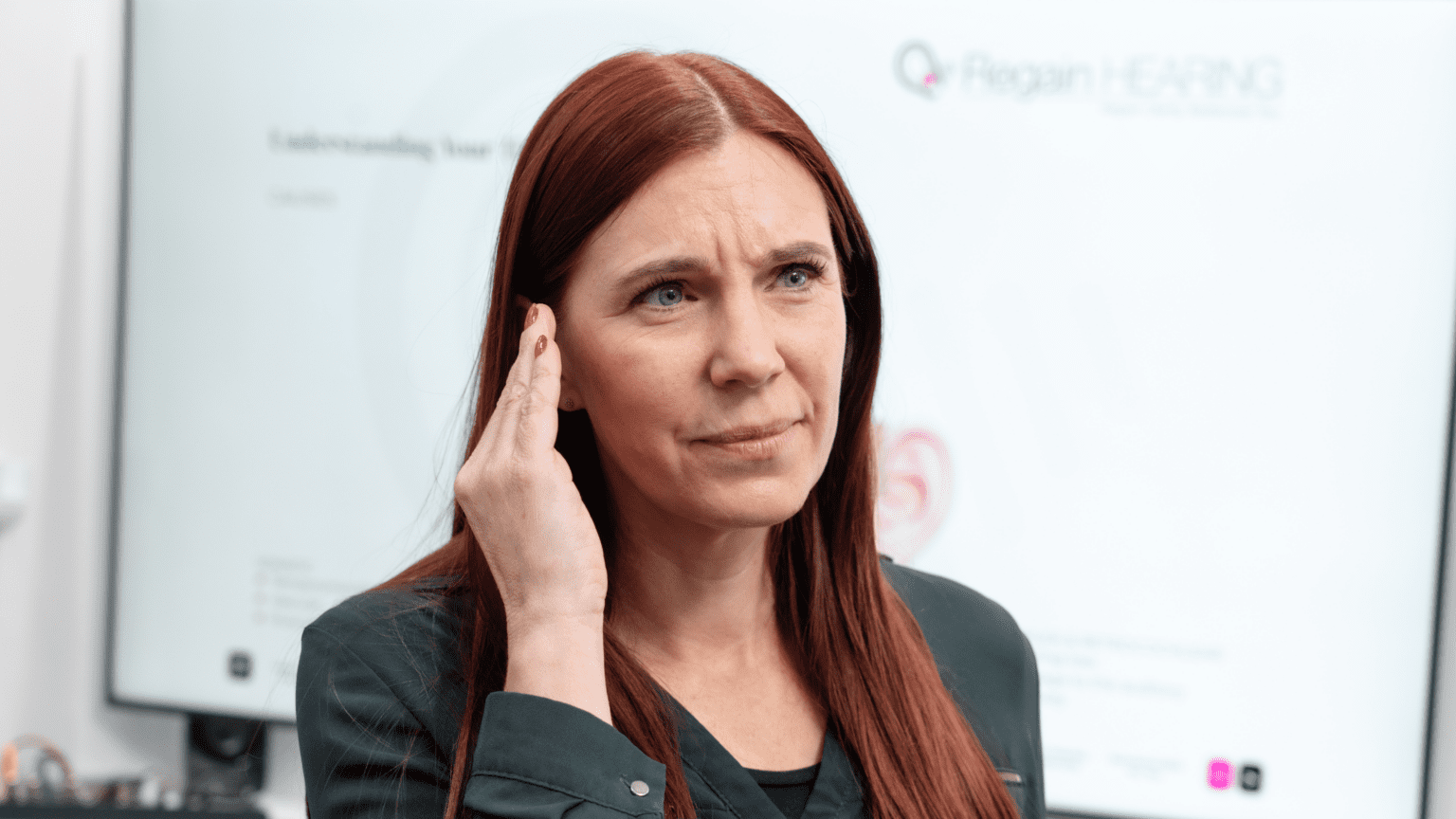Earwax, or cerumen, is a natural substance produced by glands in the ear canal, playing a vital role in shielding delicate skin and maintaining a healthy ear environment. However, excessive earwax accumulation can lead to various issues, necessitating safe and effective ear wax removal methods.
The signs of earwax buildup are diverse, starting subtly with itching inside the ear—a common early indicator. As buildup progresses, individuals may experience a sense of fullness or pressure, accompanied by persistent tinnitus, vertigo, noticeable hearing loss, or an unpleasant odour. Earache, discomfort, an unexplained chronic cough, and changes in earwax colour further warrant attention, emphasising the need for timely intervention and appropriate earwax management.
We are often asked ‘are cotton buds bad for your ears?’ – the short answer is yes. Steering clear of cotton buds is pivotal for the overall well-being of your ears. The limitations and potential risks associated with cotton bud usage underscore the importance of adopting safer alternatives, such as ear syringing and microsuction.
Also see: What Is the Best Way to Remove Earwax Safely?
Why Cotton Buds Should be Avoided:
Pushing Earwax Deeper:
Cotton buds, often perceived as a quick solution, may inadvertently exacerbate earwax buildup by pushing it deeper into the ear canal. Opting for alternatives like ear syringing or microsuction ensures a more effective and gentle approach to address this concern.
Risk of Ear Canal Damage:
The delicate nature of the ear canal makes cotton buds a risky choice, emphasising the importance of prioritising precise and safe removal methods to prevent injuries and potential complications.
Impact on Earwax:
Compacting earwax against the eardrum, a consequence of cotton bud usage, can lead to impaction. Opting for professional tools like ear syringing or microsuction provides accurate removal without risking further complications.
Lack of Precision:
Cotton buds lack the precision required for targeted earwax removal, potentially causing more harm than good. Professional interventions offer a level of accuracy that ensures safe and effective cleaning.
False Sense of Cleanliness:
While cotton buds may provide a momentary sense of cleanliness, they can disrupt the ear canal’s natural balance. Choosing methods that allow the ear to self-clean and embracing safe removal techniques becomes paramount for sustained ear health.
Also see: How to Remove Ear Wax Blockages at Home
The Best Method for Safe and Effective Ear Wax Removal:
Over-the-Counter Ear Drops:
Non-prescription ear drops provide a straightforward and effective means of softening earwax, although we recommend seeking medical assistance and recommendations. Adhering to instructions and consulting professionals if symptoms persist guarantees proper usage and effectiveness.
Medical Grade Olive Oil:
Applying a few drops of oil to soften earwax is a natural and safe method. Microsuction, a precise technique for wax removal post-softening, presents a professional alternative for those seeking optimal results.
Ear Syringing:
Professional ear syringing stands out as a secure method for addressing stubborn earwax. It is crucial to avoid attempting syringing at home without proper training to prevent potential complications such as a effecting the eardrum.
Microsuction:
Considered a preferred method for safe and precise earwax removal, microsuction is a minimally invasive technique and the best method for ear wax removal. Seeking professional assistance ensures optimal results without compromising the delicate balance of ear health. This ear wax removal technique is painless if the wax is treated with olive oil 3-5 days beforehand. When booking the appointment, a professional will advise you on this.
Prioritising ear health involves recognising the signs of earwax buildup, steering clear of harmful cleaning methods like cotton buds, and opting for the best method for ear wax removal with safe removal techniques such as microsuction. By understanding the importance of proper ear care and seeking professional assistance when needed, individuals can safeguard their hearing and maintain optimal ear hygiene. Remember, a cautious approach to earwax management contributes to long-term auditory health and overall well-being.
Also see: How Often Can You Have Ear Microsuction?
FAQs:
Q1: Is ear wax removal available on the NHS?
A1: No, ear wax removal is generally not available on the NHS. Patients are advised to seek private services or consult their general practitioners for recommendations on professional ear cleaning.
Q2: Can I perform earwax removal at home?
A2: While home remedies like warm water flushing or olive oil softening can be effective, it’s crucial to avoid invasive methods like cotton buds/swabs. For stubborn cases, consult a healthcare professional for safe removal options.
Q3: How often should I clean my ears?
A3: The ear canal is self-cleaning, and excessive cleaning can disrupt its natural balance. Generally, cleaning the outer ear with a washcloth is sufficient. If symptoms of earwax buildup persist, consult a professional for guidance.
Q4: Is there any relation between tinnitus and ear wax build-up?
A4: While the accumulation of excess earwax is a frequent cause of tinnitus, or ear ringing, it can also stem from various health conditions such as ear and sinus infections, hearing loss caused by loud noises, and heart or blood vessel diseases.
Q5: Is microsuction better than syringing?
A5: Microsuction is regarded as a safer and more effective alternative to ear syringing. It eliminates the need to touch the delicate skin of the ear canal and avoids any contact with the eardrum, thereby reducing the risk of infection.







